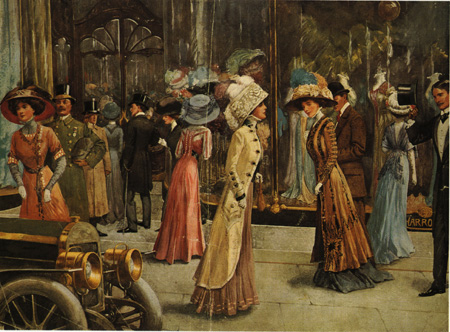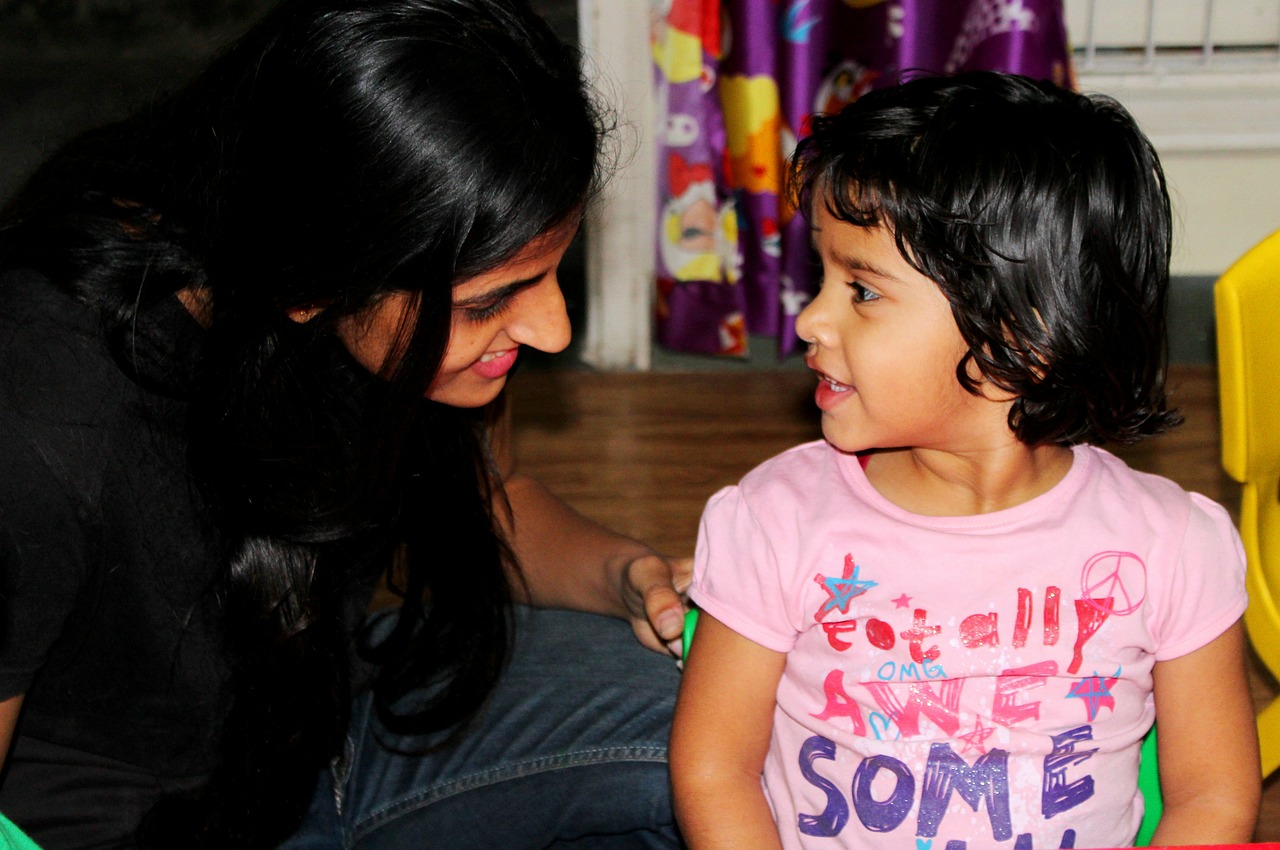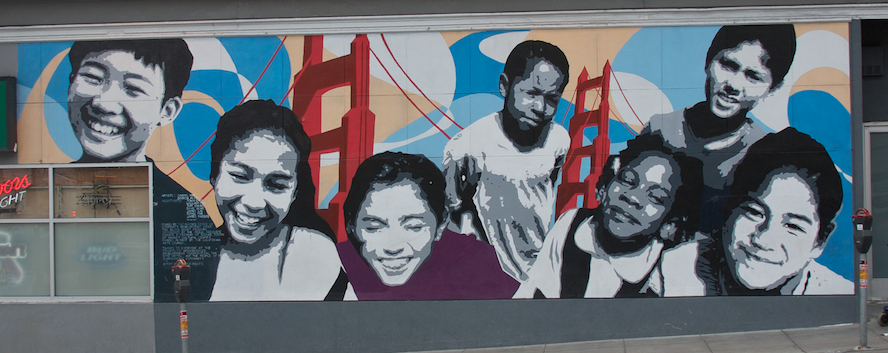Which kind of English is the best? (Hint: none of them)
Three men and a lady meet in a bar
Some (ahem) 20 years ago, when I was a youngster backpacking through Ireland, I bumped into a young Texan couple at a bar. They were in the midst of a furious argument with a Glaswegian barman about which of them spoke the most “proper English”.
“I can’t understand you at all,” drawled the Texan gent. “Your accent is too weird.”
“Back at you,” replied the barman gruffly, in full brogue. “Your accents are something shocking.”
“Accents!?” screeched the Texan lass, outraged, and perhaps a little tipsy. “What are you talking about? We don’t have an accent!”
I roared with (Australian-accented) laughter, incurring the ire of all three. I couldn’t help myself. It was all too silly, arguing about Texan, Glaswegian and, eventually, Australian-accented English in Ireland, without an Englishman to be seen (they were all at the beach in Sydney).
Is it raining in Spain, Brown Cow?
Anyone as old or older than me will remember hearing about old fashioned elocution schools. Stuffy places where young ladies (and the odd gent) would go to learn to speak “the Queen’s English” while learning about table settings. Like Eliza Doolittle in My Fair Lady, they would sit or stand up straight, sometimes balancing books atop their heads, aping upper class matrons and pompous men of letters while intoning such useful phrases as:
“How now brown cow.”
or
“The rain in Spain falls mainly on the Plains.”
It seems ridiculous to us now. But, back in the day, speaking proper or “Standard English” was seen by working class people as a prerequisite to join the professional and upper classes and to enjoy upward social mobility.
Language and Civil Rights
Flash across the Atlantic and forward in time to 1979. Judge Charles W. Joiner of the United States District Court for the East District of Michigan brings down his decision in Martin Luther King Junior Elementary School Children et al. v Ann Arbor School District.
The case was brought on behalf of a group of African American students alleging (amongst other things) that the school district violated Federal laws by not taking into account the home dialect of the children in the provision of their education. The judge agreed holding that the district was obliged to identify children who spoke “Black English” and to use that knowledge to teach such students how to read Standard English. Specifically, he found that:
- the language of “black English” has been shown to be a distinct, definable version of English, different from Standard English of the school and the general world of communications. It has definite language patterns, syntax, grammar and history;
- “Black English” was not then an acceptable method of communication in the educational world, in the commercial community, in the community of the arts and science, or among professionals; and
- instruction in Standard English of children who use “black English” at home by insensitive teachers who treat the children’s language system as inferior can cause a barrier to learning to read and use Standard English.
No dialect is superior (regardless of what your teachers told you).
Cases like the Ann Arbor decision and quaint descriptions of elocution schools illustrate that the type or dialect of English you use can affect your civil, social and economic rights and, to some, point to your social status in society.
Creep forward to 1983. After much debate, the American Speech-Language-Hearing Association (ASHA) publishes a very sensible position statement on social dialects. It states that:
- the English language is composed of many linguistic varieties or dialects;
- no dialect of English is a disorder or a pathological form of speech or language;
- as Standard English is the dialect used by government, the mass media, business, education, science and the arts, some non-standard English speakers may find it useful to have access to the use of Standard English; and
- speech pathologists may provide elective services (i.e. at a client’s request) to non-standard English speakers to help them speak Standard English.
International Standard English?
With globalisation, English has become a major international language of business and politics. Many different dialects of English (or “Englishes”) are now used in different countries. In the Asia Pacific region for example, we have Singlish, Tinglish, Hinglish and other dialects of Indian English and Chinglish, to name but a few, as well as various dialects of Australian English (including Aboriginal, Broad, Standard and Cultivated Australian English) and New Zealand English.
Just like the term “Black English” as used in the US, many terms for English dialects used in the Asia Pacific region come with negative overtones suggesting that, somehow, they are “less pure” or correct. And, just like the term “Standard English” is used in the US, the UK and Australia to describe the language of government, commerce and science, we now use “Global” or “International English” to describe an (as yet not fully realised) standardised version of the language used by political, business, academic and other leaders when communicating within multinational corporations and organisations and across borders.
Helping people who want help
In line with ASHA’s position statement on dialects, Banter Speech & Language’s view is that:
- speaking a dialect or “heavily accented” version of English is not a speech or language disorder requiring treatment; and
- if, for professional, business or social reasons, you want to speak a more standard form of English to help you communicate with others – whether it be Standard Australian English or a more “internationally acceptable” dialect of English than you currently use – we will help you. But we’ll also respect your “home” dialect.
Key source: ASHA Position Statement on Social Dialects.
Related articles:
- Embrace your accent and speak clearly – lessons from a Global Investment Bank
- It’s not your accent that’s holding you back
- “What did you say?” 10 evidence-based ideas to help others understand your speech
- Who we help: meet Rakesh and Alice
- Common pronunciation challenges for people who do not speak English as a first language: fact sheets
- When it’s hard to slow down: 4 evidence-based ways to slow down your speech rate and increase your intelligibility
Images: http://tinyurl.com/lbv87qz and http://tinyurl.com/lc4kdz2

Hi there, I’m David Kinnane.
Principal Speech Pathologist, Banter Speech & Language
Our talented team of certified practising speech pathologists provide unhurried, personalised and evidence-based speech pathology care to children and adults in the Inner West of Sydney and beyond, both in our clinic and via telehealth.








